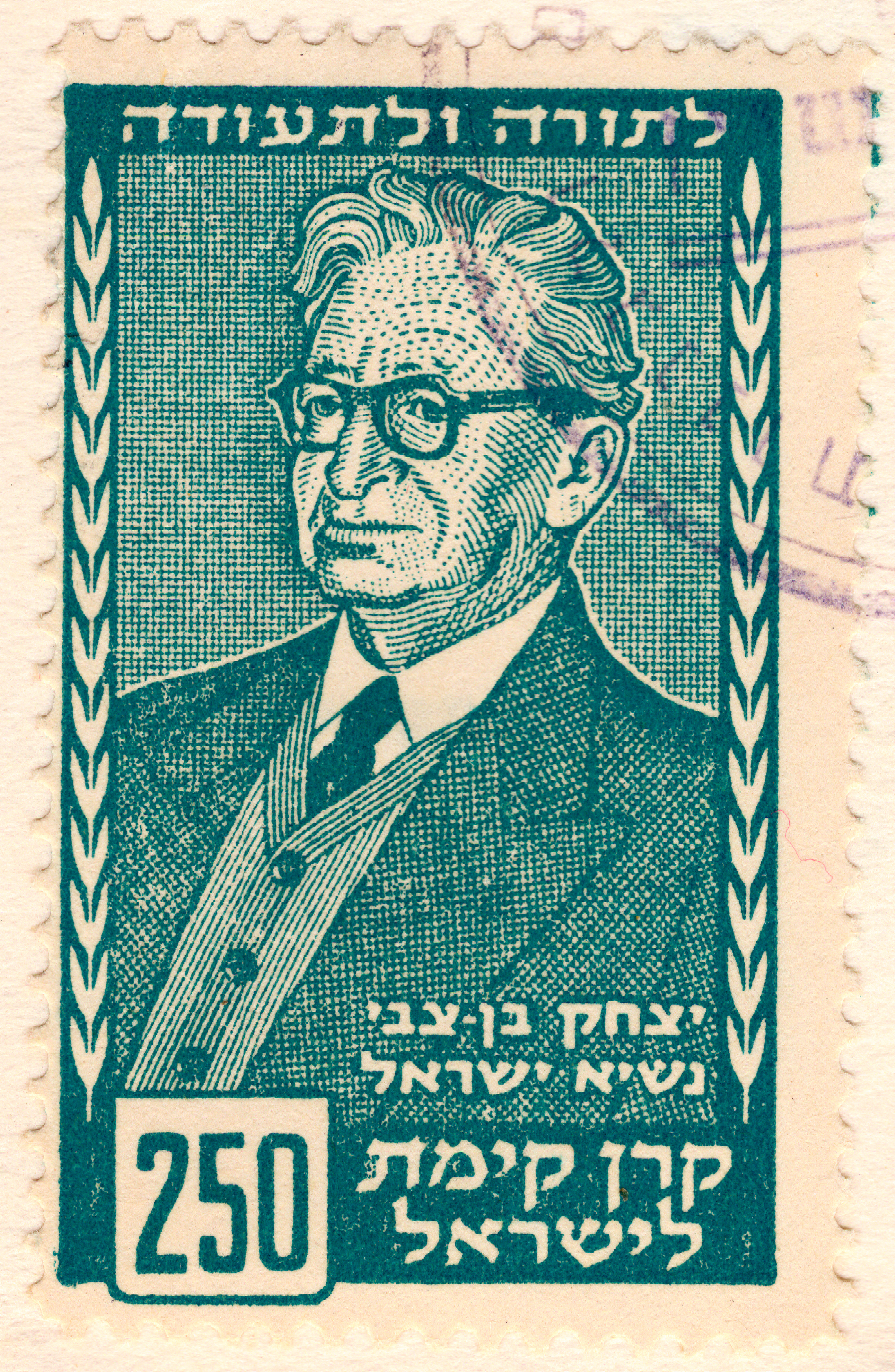Voting opens today for the 39th World Zionist Congress: Here's everything you need to know
The 39th Congress could redefine Zionism: a pluralistic bridge, a religious fortress, or a fragile compromise. The Jewish world watches—not just for winners, but for what victory means.

Yesterday, the polls opened in the United States for the 39th World Zionist Congress, a triennial event often dubbed the “Parliament of the Jewish People.”
From now until May 4, American Jews—alongside their counterparts worldwide—will cast votes to determine the 525 delegates who will convene in Jerusalem from October 28-30, 2025. These delegates will shape the policies, leadership, and funding priorities of the World Zionist Organization (WZO) and its affiliated bodies, which collectively wield over $1 billion annually and influence everything from Jewish immigration to land use in Israel. With a record 22 slates vying for the 152 U.S. seats, the stakes have rarely been higher—or the ideological battle lines more sharply drawn.
A Congress Reborn in Crisis
Founded by Theodor Herzl in 1897, the WZC has long been the beating heart of the Zionist movement, a forum where Jews globally assert their stake in Israel’s destiny. Today, it oversees a sprawling network: the WZO, the Jewish Agency for Israel (JAFI), the Jewish National Fund (KKL-JNF), and Keren Hayesod. These institutions manage vast resources—$5 billion over five years by some estimates—and hold sway over 13% of Israel’s land, alongside programs for aliyah, education, and combating antisemitism.
The 2025 elections arrive at a pivotal moment. The October 7, 2023, attacks and Israel’s subsequent multifront wars have left physical and emotional scars, from devastated kibbutzim in the south to a global surge in antisemitism. The Congress’s decisions will directly affect rebuilding efforts, support for hostages’ families, and security for Jewish communities worldwide. Meanwhile, internal debates over judicial reforms, religious pluralism, and settlement policies have intensified, making this election a referendum on Zionism’s soul.
The Numbers Game: Delegates and Dollars
The WZC’s 525 delegates are split three ways: 200 from Israel (38%), tied to Knesset election results; 152 from the U.S. (29%), elected now; and 173 from the rest of the Diaspora (33%), chosen via elections or appointments depending on local custom. The U.S. contingent, nearly a third of the total, amplifies American Jewry’s voice—a voice that’s grown louder since 2020, when 124,000 voted, up from prior cycles. This year, the American Zionist Movement (AZM), which oversees the U.S. vote, predicts even higher turnout, fueled by post-October 7 engagement and an unprecedented 2,900 candidates across 43 states and territories.
The prize? Control over a budget that funds Zionist priorities—$1 billion annually, per AZM—and elects leaders for the WZO, JAFI, KKL-JNF, and Keren Hayesod. These dollars support everything from Israel’s periphery communities to Diaspora education, with delegates deciding how to balance immediate needs (rebuilding after war) against long-term goals (strengthening Jewish identity).
A Fractured Field: 22 Slates, Infinite Visions
The 2025 election features 22 slates in the U.S., a 69% jump from 2020’s 13, reflecting both fragmentation and vitality. These slates span the Jewish spectrum:
Niche Players:
This diversity mirrors American Jewry’s pluralism but risks vote splintering. In 2020, the right-wing bloc—bolstered by Mizrachi and Eretz HaKodesh—eked out a slim majority, a shift Yizhar Hess, WZO vice chairman, called a “faceoff” between pluralistic and ultra-Orthodox visions. The 2025 outcome hinges on turnout: will liberal slates mobilize enough to reclaim ground, or will the religious right consolidate power?
The Orthodox-Liberal Fault Line
The ideological clash is stark. Progressive slates like Hatikvah and ARZA decry the WZO’s historical tilt toward Orthodox priorities—funding yeshivas over pluralistic projects—and seek a democratic, inclusive Israel. Rabbi Josh Weinberg of Vote Reform frames it as “nothing less than the soul of the State of Israel and the Jewish people.” Conversely, Orthodox slates like Eretz HaKodesh and Mizrachi see their mandate as safeguarding Jewish tradition and territorial integrity, with leaders like those from Aish Ha’am arguing for resources to fight campus antisemitism and inspire Jewish pride.
The settler movement’s growing presence—five new slates tied to the religious right—adds heat. These groups want KKL-JNF funds to bolster West Bank communities, a move progressives call divisive. Yet Hess welcomes even Haredi participation as a Zionist victory, noting their shift from historical anti-Zionism.
Post-October 7 Urgency
The 2023 attacks cast a long shadow. Slates across the spectrum prioritize rebuilding southern Israel, supporting displaced families, and countering global antisemitism. WZO Chairperson Yaakov Hagoel likens this Congress to those after the Holocaust, a time to unify amid crisis. The “Surge”—a term for heightened Jewish engagement since October 7—could drive record participation, says AZM’s Herbert Block, offering “a simple way to stand up as a Zionist.”
Yet practical questions loom: How much of the $1 billion should go to immediate relief versus long-term resilience? Will delegates back JAFI’s aliyah programs or KKL-JNF’s land projects? The answers will shape Israel’s recovery and Diaspora ties.
Mechanics and Challenges
Voting is straightforward: U.S. Jews over 18, not voting in Israeli elections, pay $5 (Herzl’s “Zionist Shekel”) to register online at zionistelection.org. Votem Corp. ensures integrity, with paper ballots available. The WZO mandates diversity—40% women, 25% under 35 per slate—ensuring fresh voices.
But awareness lags. Many Jews don’t know this election exists, despite its outsized impact. The 22 slates could confuse voters, and controversies—like Israel365’s alleged Christian leanings—raise eligibility questions (rules bar non-Jewish influence). High turnout could favor mobilized blocs, potentially the right if progressives falter.
A Mirror to Jewish Identity
The WZC isn’t just about money or policy—it’s a mirror to Jewish identity in 2025. For Israel, it’s a chance to hear the Diaspora amid war and polarization. For American Jews, it’s a rare vote on Israel’s future, distinct from Knesset elections they can’t join. As Deborah Isaac, AZM president, notes, it’s “the most important vote they’ve never heard of.”
Critics question its clout—does the WZC truly sway Israel’s government, or is it a symbolic echo chamber? Yet with billions and land at stake, its decisions ripple.